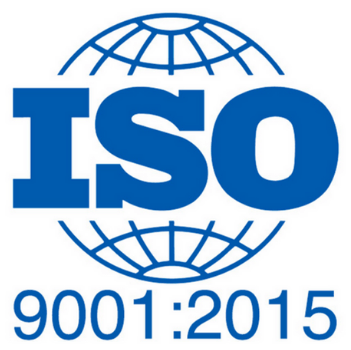Back to Top
Atezolizumab Biosimilar - Research Grade
Add recommended extras
Atezolizumab Biosimilar - Research Grade
| Species Reactivity | Human |
|---|---|
| Target | PD-L1 |
| Concentration | 1.0 - 5.0 mg/ml |
| Isotype | Human IgG1 Kappa |
| Host | Humanized |
| Use | Products are for research use only. Not for use in diagnostic or therapeutic procedures. |
| Storage | Stable for at least one week when stored sterile at 2-8°C. For long term storage aseptically aliquot in working volumes without diluting and store at ï؟½80°C. Avoid Repeated Freeze Thaw Cycles. |
| Endotoxin | ≤ 1.0 EU/mg as determined by the LAL method |
| Purity | >95% by SDS-PAGE and HPLC |
| Formulation | Phosphate buffered saline (PBS) pH 7.2,with no carrier protein, potassium or preservatives added. BSA and Azide free. |
| Purification Method | This monoclonal antibody was purified using multi-step affinity chromatography methods such as Protein A or G depending on the species and isotype. |
| Specificity | Detects human PDL-1. This non-therapeutic antibody uses the same sequence as the therapeutic antibody Atezolizumab. |
| Shipping Conditions | Blue ice |
| background | Atezolizumab biosimilar is an Fc-engineered, humanized, monoclonal antibody that binds to PD-L1 and blocks interactions with the PD-1 and B7.1 receptors. Atezolizumab biosimilar is a non-glycosylated IgG1 kappa immunoglobulin that has a calculated molecul |
| Other names | Programmed cell death 1 ligand 1, Cd274, PDCD1 ligand 1, Programmed death ligand 1, B7 homolog 1, B7-H1, B7h1, Pdcd1l1, Pdcd1lg1, Pdl1, PDL-1 |
| UniProt | Q9NZQ7 |
| Buffer | ICH3001-100ml ICH3002-100ml ICH3003-100ml |
| Sequence | https://www.imgt.org/mAb-DB/ |
Write Your Own Review





















